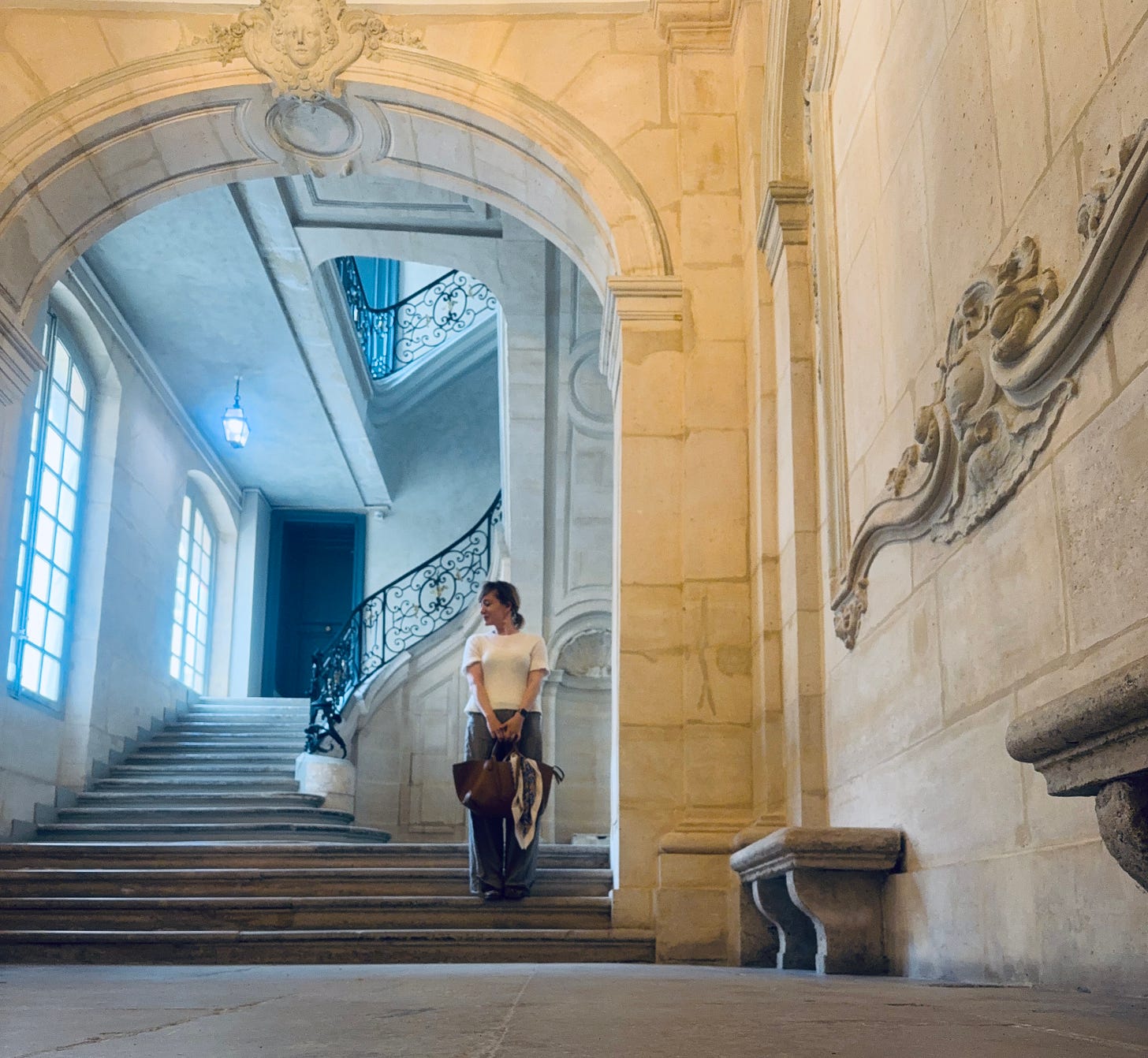No. 103 — Diagonal Movements ⫶ Pathfinder ⫶ Move our arms and legs at the same time
extremely slow and extremely fast
My name is Linda. I write a bi-weekly newsletter about computer science, childhood, and culture.
1.
Still on Hockney: this concert at Fondation Louis Vuitton (streaming until August 25, 2025) is a musical tribute to David Hockney. It’s also the first time I saw Hockney’s Wagner Drive, a video work in which Wagner’s music is mapped to the landscapes of Californian roads at dusk.
It was also my introduction to Pavel Kolesnikov and Samson Tsoy, and to the genre of four-hands piano. There’s something physical and choreographic about it. I loved the drama the multi-hands piano introduced: diagonal, then side-by-side, and how touching the physical interweaving of limbs felt. It also made me think of the game It Takes Two the co-op video game by Hazelight.
See also: No. 48 Multiplayer Mode, or: how do we "move our arms and legs at the same time to express joy, friendliness, and grace" with the help of computers?
2.
“In a 1956 essay, “Sometimes Fairy Stories May Say Best What’s to Be Said,” Lewis wrote that he loved the fairy tale for “its brevity, its severe restraints on description, its flexible traditionalism, its inflexible hostility to all analysis, digression, reflections and ‘gas.’ “ from Katherine Rundell’s Fantastic Four, New Yorker June 11, 2025.
That word gas made me laugh out loud.
3.
Pathfinder. I love Matthew Siu’s tiny tool Pathfinder, a tool for exploring the space between two concepts. It made me wish every text editor came with an Illustrator-style panel for thinking:
Divide – Splits an idea into overlapping parts.
Trim – Cuts hedges, fillers, softeners.
Merge – Fuses related ideas into one clear thought.
Crop – Focuses on what matters. Hides the rest.
Outline – Shows the bare structure without tone.
Minus Back – Deletes context or audience to see what remains.
Most text editors offer little more than copy, paste, and spellcheck. If new language lives inside LLM matrices, we need better tools for poking it.
4.
All the fake books in Wes Anderson Multiverse. Will generative AI eventually bring them to life? If not with Anderson’s oeuvre, probably with some of the other multiverses out there. Bizarre times.
I somehow missed the Moonrise Kingdom animated short when it first came out.
5.
For my Scottish friends: Kerry Hudson wrote about the computer playground in Herald Scotland with the perfect headline: Want to get kids away from screens? Put them inside one.
Bonus: here’s Monstrum writing about the curriculum of the playground.
I’m currently working on two new playground concepts (one inspired by semiconductors, the other by synthetic biology) and I have room for one more.
If you’re a city official, real estate developer, educator, or policymaker curious about building learning into public space, I’d love to hear from you.
6.
A blurry 1993 roundtable: Sacks, Sheldrake, Dennett, Toulmin, Dyson, Gould. They sit around a table and ask what science has done to us.
It’s both extremely slow and extremely fast. I wish more podcasts moved like this.




Linda! Someone mentioned to me that you included Pathfinder in your newsletter. Thank you for the kind words!
I also really like the ideas you mention about an illustrator like experience alongside a text editor. The verbs you've described each suggest interesting possibilities for interacting with language. Will be sitting with them...